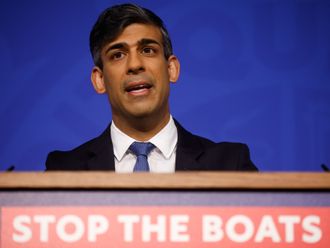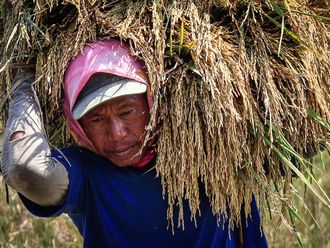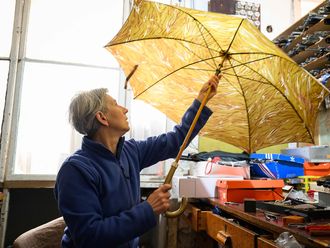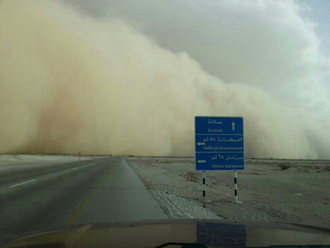Brussels: EU leaders will offer Turkey cash and a boost for its membership bid in exchange for its cooperation with the refugee crisis at a summit Sunday, but officials warned a final deal will involve “difficult” negotiations.
The European Union is expected to agree a three-billion-euro (Dh11.6 billion) aid package for Turkey to help it stop the flow of refugees to Europe from the conflict in Syria, 2.2 million of whom are currently in Turkey.
Prime Minister Ahmet Davutoglu, standing in for President Recep Tayyip Erdogan, is also set to win a deal for the opening in December of a new chapter in Turkey’s stalled accession talks for the 28-nation bloc.
But conditions are likely to be attached to both, while Turkey’s shooting down of a Russian jet on the Syrian border on Tuesday will also add strain to an already complicated relationship between Brussels and Ankara.
“This meeting will provide new momentum to relations. It’s important in so many aspects because it’s the first EU-Turkey summit in 11 years,” Davutoglu told reporters at Ankara airport as he left for Brussels.
“It had already been decided that Turkey should not shoulder the refugee problem alone. A joint action plan has been agreed.”
Davutoglu, who will meet Nato Secretary General Jens Stoltenberg on Monday, called on European leaders to back Turkey in its stand-off with Russia, which has imposed sanctions on Turkey over the plane incident.
“I think it means a lot for world peace for Turkey and the EU to have some common perspective,” he added.
Fuelled by the Syrian war, some 850,000 people have entered the EU this year and more than 3,500 have died or gone missing in what has become Europe’s worst refugee crisis since Second World War.
Turkey is the main gateway for migrants and refugees to reach Europe, and Germany has pushed for the summit as it is the main destination for most of the people arriving in the bloc.
However, the multi-billion-euro aid package will likely be tied to Turkey’s success in tackling the flow of refugees, while the timeframe of the payout is also still up in the air, European officials said.
“Will it be one year or two years? Will it have to be in stages? The summit will leave some things ambiguous,” a European source said.
Disagreements also remain within the EU over the contribution of individual member states and how much can be taken from the bloc’s budget.
Turkey is meanwhile set to get its wish for the acceleration of its bid for membership of the EU, which began in 2005 but has seen only one of 35 so-called “chapters” completed.
Turkish and European officials said the summit would agree to open Chapter 17 of Turkey’s accession process - covering economic and monetary policy - by mid-December.
Turkey also wants a freeing-up of the rules for visas for its nationals for visiting the EU from next year, and it wants more summits with the bloc.
But Cyprus in particular opposes any mention in the final summit statement of plans to open further chapters, European officials said, due to decades of tensions with Turkey on the divided Mediterranean island.
“EU diplomats expect difficult negotiations at the summit, not least because of the resistance of Cyprus,” a European source told AFP.
The case for cooperation with Turkey comes against a backdrop of growing security concerns over the refugee crisis, especially after the November 13 attacks in Paris, claimed by the Daesh, which left 130 people dead.
Relations between Europe and Turkey remain tense over Erdogan’s increasingly autocratic rule, rights abuses and Turkey’s alleged backing for Islamist rebels in Syria.
Two Turkish journalists charged with “spying” over their reports about Ankara’s alleged arms supplies to Syrian rebels urged the EU on Saturday not to compromise on human rights and press freedom at the summit.












